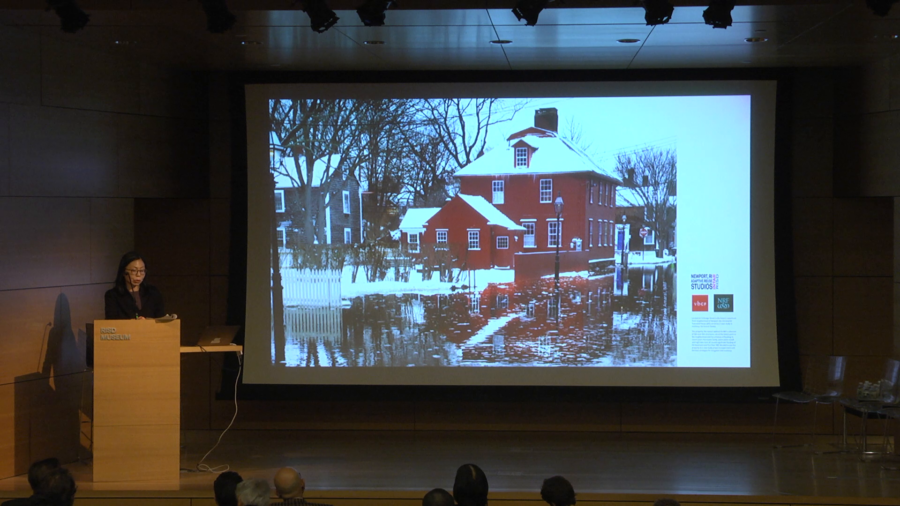Projecting Change was part our post-professional MA in Adaptive Reuse program. It was inspired by the effects of Hurricane Sandy, which turned Newport, Rhode Island into a lake.
Archive
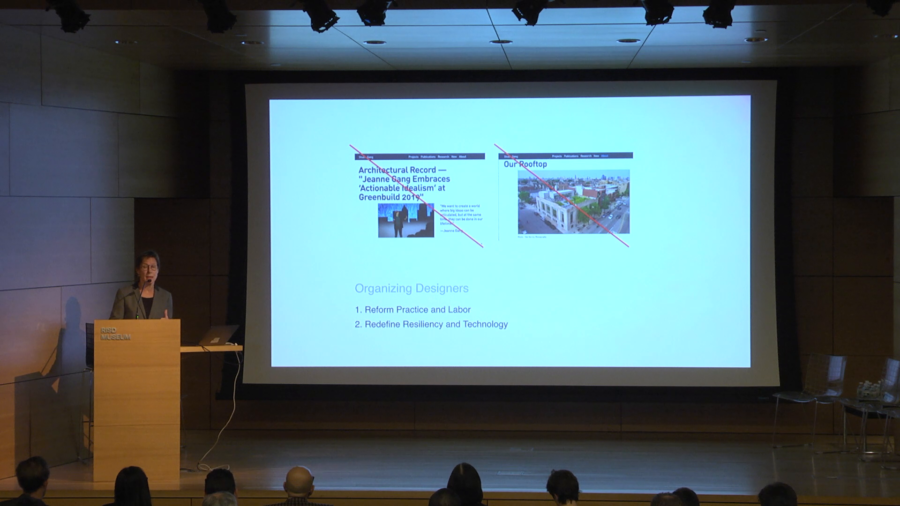
The main thing that we need to be doing is working as a discipline, as a profession, as a unified voice, so that we sit at the table of policymaking and are believed as not just ambulance-chasers for work for ourselves but as people with knowledge and whatever embeddedness in the community, and our design expertise within the community is absolutely essential.
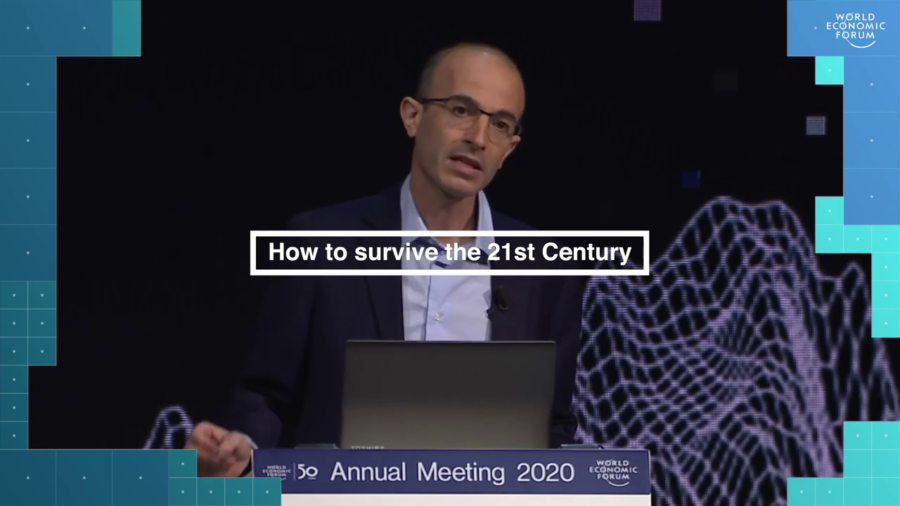
Of all the different issues we face, three problems pose existential challenges to our species. These three existential challenges are nuclear war, ecological collapse, and technological disruption. We should focus on them.
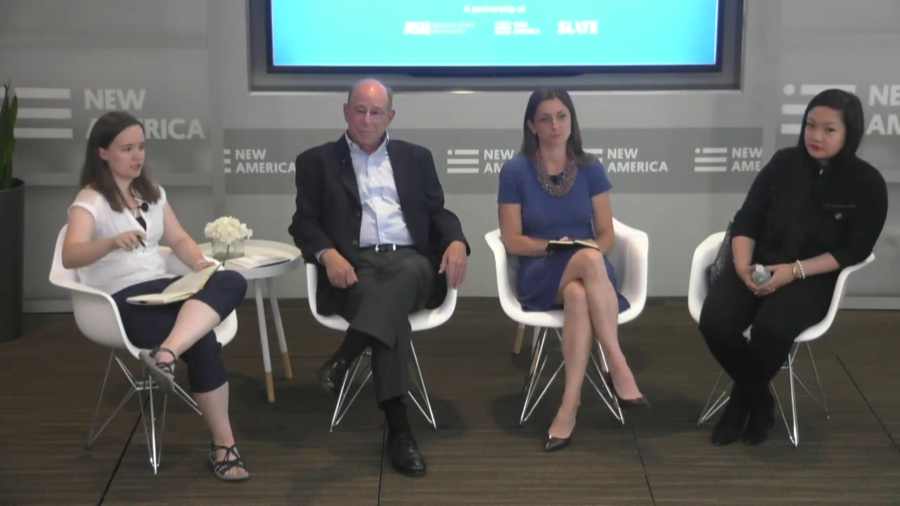
I personally am not worried about settlements. I think they’re so far in the future that we can’t predict what they’ll look like. We can’t even keep human beings, particularly a lot of human beings, alive in space or have real settlements, the way we envision a colony or a settlement. I don’t think the lack of sovereignty is going to hurt any of this.
I personally think that we need to move beyond this sort of grow or die motivation that exists within the current economy. And I think that the cooperative model is suited to addressing those concerns, especially because the co-op model is geared toward serving member needs and not driven by profit at the end of the day. That is something that bodes well for the model in terms of sustainability.
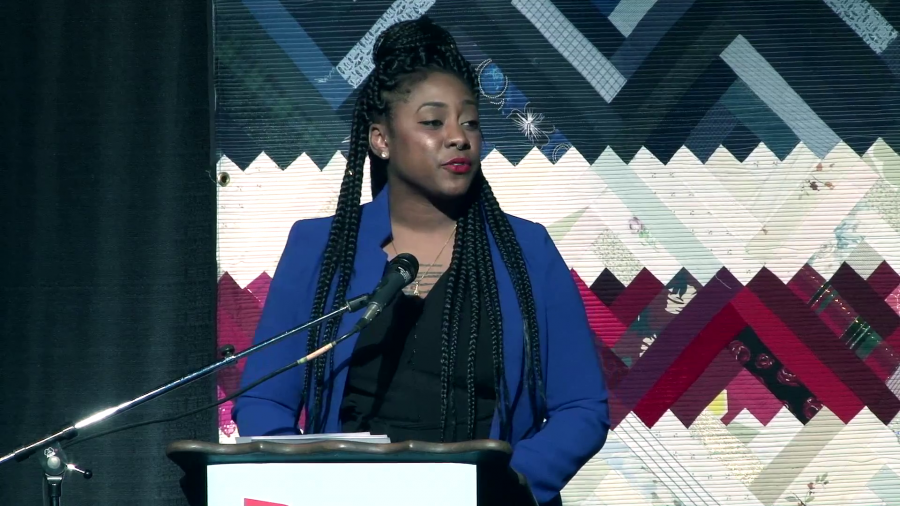
Black folks have consistently been denied the rights to privilege that come with citizenship that so many of us take for granted. And that’s why so many of us are no longer satisfied with the compromises and negotiations that happen behind the scenes, that continue to leave out too many people whose lives depend on the ability to participate in the decisions that impact their lives.

